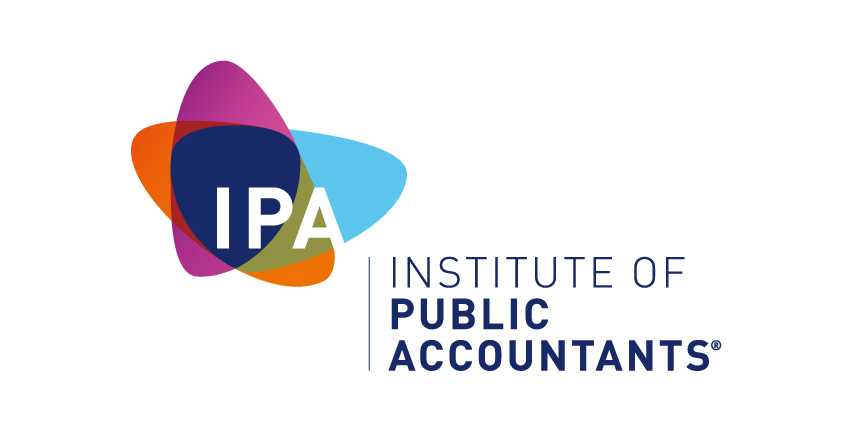Sustainability for Accountants
What is sustainability?
In any context, something that is sustainable is consistent, dependable, and replenishable over the long term. With the challenges presented by climate change and growing social inequalities, sustainability today is predominantly focused on sustainable development and the principle of intergenerational equity – meeting the needs of present generations without compromising the needs of future generations.
IFRS S1 – General sustainability disclosures, defines sustainability as follows:
“The ability for a company to sustainably maintain resources and relationships with and manage its dependencies and impacts within its whole business ecosystem over the short, medium and long term. Sustainability is a condition for a company to access over time the resources and relationships needed (such as financial, human, and natural), ensuring their proper preservation, development and regeneration, to achieve its goals.”
This definition demonstrates how sustainability is related to the ability of a business to continue to create value and remain competitive over time.
What is the role of the accountancy profession?
The International Federation of Accountants (IFAC) has aligned their strategy and outcomes with the SDGs, setting the tone for member organisations to follow suit.
In IFAC’s Accounting for Sustainability guide, there is a call for “accountants…to consider how, through their work and positions of influence, they can contribute to business resilience and influence organisations to integrate sustainability matters into…strategy, finance, operations, and communications”.
However, the sustainability reporting landscape is shifting away from a voluntary activity. In the coming years, businesses and accountants must equip themselves with the tools, knowledge, and ability to report and interpret sustainability-related information.
Click here for the latest sustainability thought leadership from IFAC.
What are the options for sustainability reporting?
The IFRS Foundation’s International Sustainability Standards Board (ISSB), which was announced at COP26 in Glasgow, is set to form the basis for mandatory sustainability reporting in many jurisdictions, including Australia.
The ISSB strives to build on the past achievements of various organisations, building one global set of standards to guide sustainability reporting for the future. The IFRS Foundation has since consolidated:
- The Value Reporting Foundation, which houses the Integrated Reporting Framework, Integrated Thinking, and the SASB Standards; and
- The Climate Disclosure Standards Board.
In developing the first standards for the ISSB, the IFRS Foundation has leveraged the four pillars of the popular Task force on Climate-related Financial Disclosures (TCFD):
- Governance
- Strategy
- Risk Management
- Metrics and Targets
Currently, the IFRS Foundation is expected to release the final versions of IFRS S1 – General Sustainability Disclosures and IFRS S2 – Climate-Related Disclosures by the end of June 2023. Click here to see the latest news from the ISSB.
The Global Reporting Initiative (GRI)
The GRI Standards are a multi-stakeholder approach to sustainability reporting, focusing on societal and environmental impact, in addition to financial consequences. The IFRS Foundation and GRI have signed a cooperation agreement, although they currently represent two different approaches to sustainability reporting – single materiality (investor focus) and double materiality (multi-stakeholder).
What is the value of sustainability reporting?
- Increasing transparency to stakeholders.
- Improving governance.
- Enhanced awareness and management of risk.
If Integrated Thinking and Reporting is adopted, broader organisational benefits are also expected, such as:
- Awareness of how value is created, maintained, and eroded.
- Reduction of silos leading to improved information and data flows.
- Better understanding of business model and purpose.
- Having a future-orientated outlook.
The IFRS Foundation considers the Integrated Reporting Framework a pivotal tool to connect financial and non-financial reporting.
Sustainable Development Goals and the push for the private sector to take the lead
- Sustainable development in the present day is most prominently being driven by the United Nations Sustainable Development Goals (SDGs), which were introduced in 2015. The SDGs recognise that improving living standards and overall prosperity is connected to a range of factors, including action on climate, economic growth, healthcare, education and more, resulting in a total of 17 ambitious goals.
- Delve deeper into each of the 17 goals
How is the IPA engaging with sustainability?
- Submissions to AASB, and Treasury in relation to sustainability reporting.
- Joint Australian Peak Bodies submission to the ISSB.
- Counting on U.
- Commencing our Integrated Reporting journey.
- Engaging with the Sustainable Development Goals.
- Supporting IFAC’s sustainability focus and the IFRS Sustainability Standards Board.
- Thought leadership – regular updates in Public Accountant, IPA-Deakin SME Research Centre project.
- In 2022, the IPA donated money raised from the sale of hardcopy Tax Agent Guide Roadshow notes to Carbon Positive Australia. Through this donation, Carbon Positive Australia was able to plant 847 native trees across Australia, helping to offset our carbon footprint and restore natural habitats and biodiversity.
- IPA Sustainability Discussion Group.
- Reconciliation Action Plan.
- Diversity & Inclusion Action Plan.
- IESBA Strategy and Work Plan 2024 - 2027 - May 2024 Handouts
